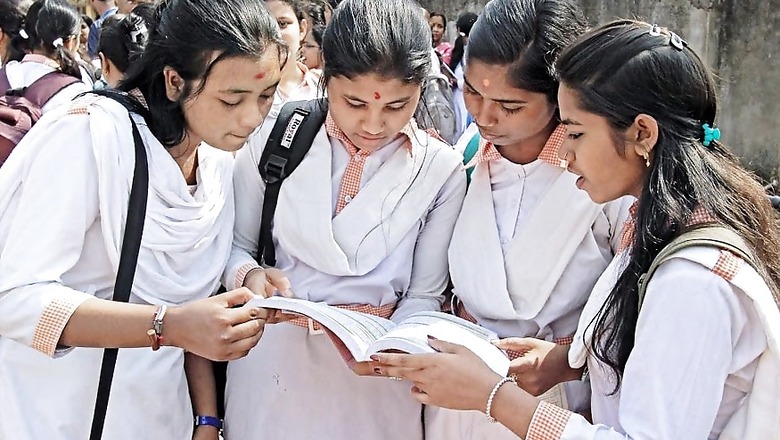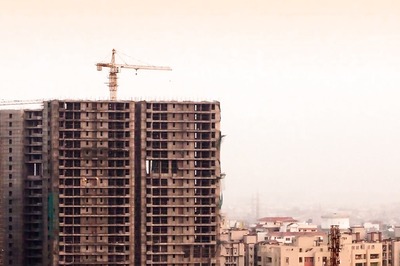
views
New Delhi: The Supreme Court on Monday allowed the Central Board of Secondary Education (CBSE) to declare the results of the NEET 2017 examination, staying a Madras High Court order which had put a hold on the declaration of results.
The High Court cannot tinker with the medical examination schedule, the top court said. The top court observed that the Madras HC order was diluting the schedule for medical education fixed by it in a 2011 judgment.
Sources told CNN-News18 that CBSE would declare the results soon.
Additional Solicitor General (ASG) Maninder Singh, appearing for the CBSE, told the bench that due to high court's order the process of declaration of results and subsequent admission have stalled and the order was in conflict with the schedule fixed by the apex court earlier.
The bench also observed that the high court's order was "indirectly diluting the schedule" fixed by the apex court.
"On one ground we are inclined to stay the high court's order. What indirectly this order is doing is that it is diluting the schedule fixed by the Supreme Court," the bench said while staying the high court's order.
The CBSE had on June 9 moved the top court seeking an immediate stay on the Madras High Court order restraining the publication of National Eligibility-cum-Entrance Test (NEET) 2017 results for admission to MBBS and BDS courses across the country.
Around 10.5 lakh students appeared for the exam in either Hindi or English while around 1.25 lakh to 1.50 lakh students appeared in eight vernacular languages.
Maninder Singh, representing the CBSE, had told the top court that the challenge to the different sets of questions in vernacular languages were on wrong assumptions that they were difficult as the experts had examined that they were different from those in English or Hindi medium but the level of difficulty cannot be said to be different.
He said that questions were different to keep the larger interest protected on the ground that if there was a leakage of a set of paper in a vernacular language, the majority of students would be protected as candidates appearing in any particular language were less than those opting for English or Hindi.
(With PTI inputs)



















Comments
0 comment